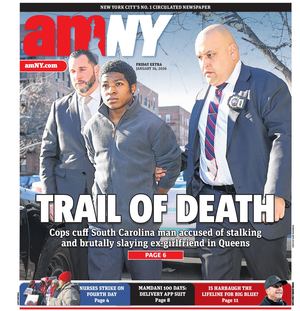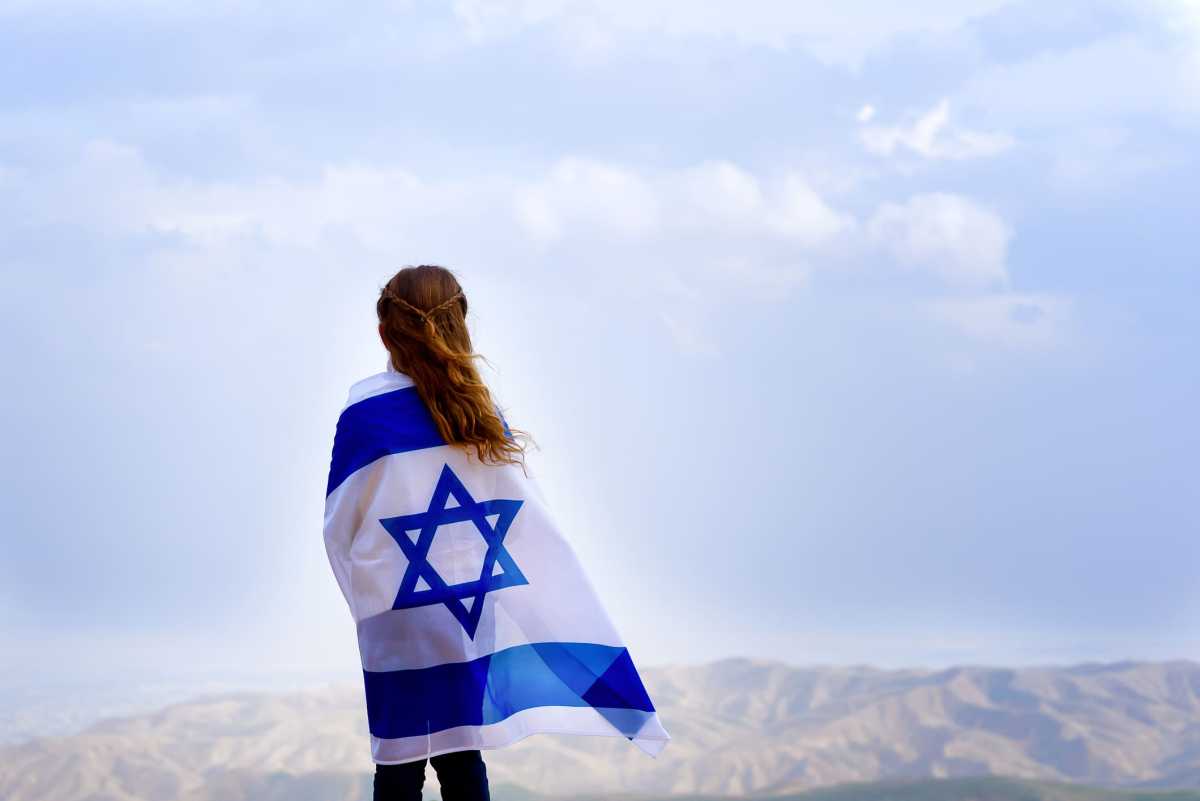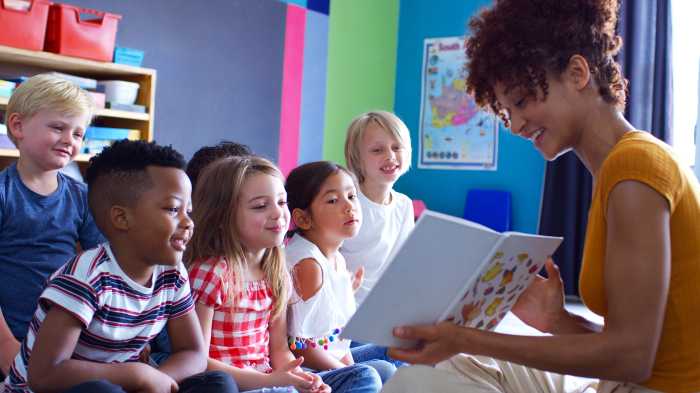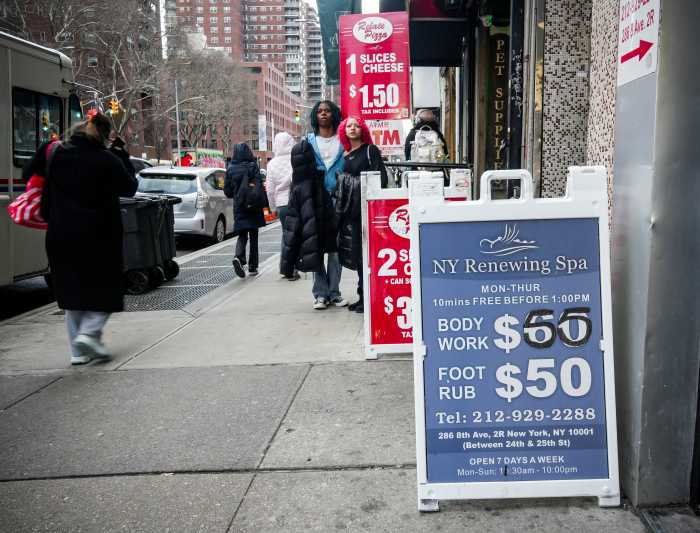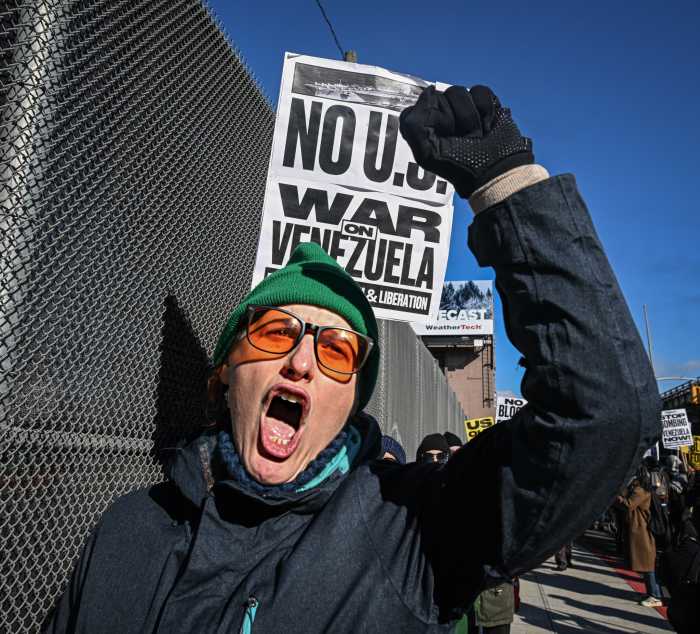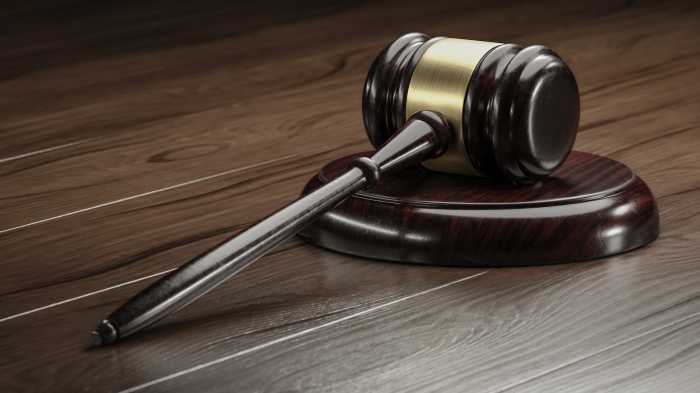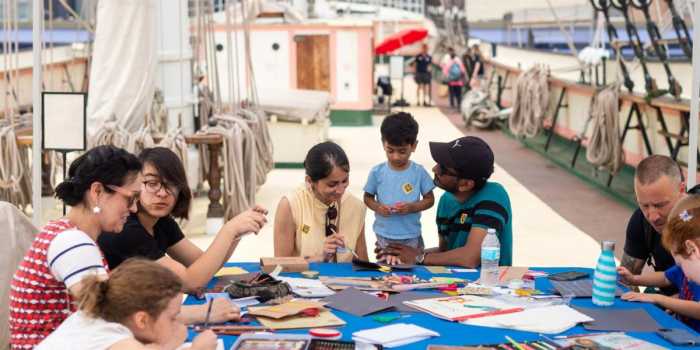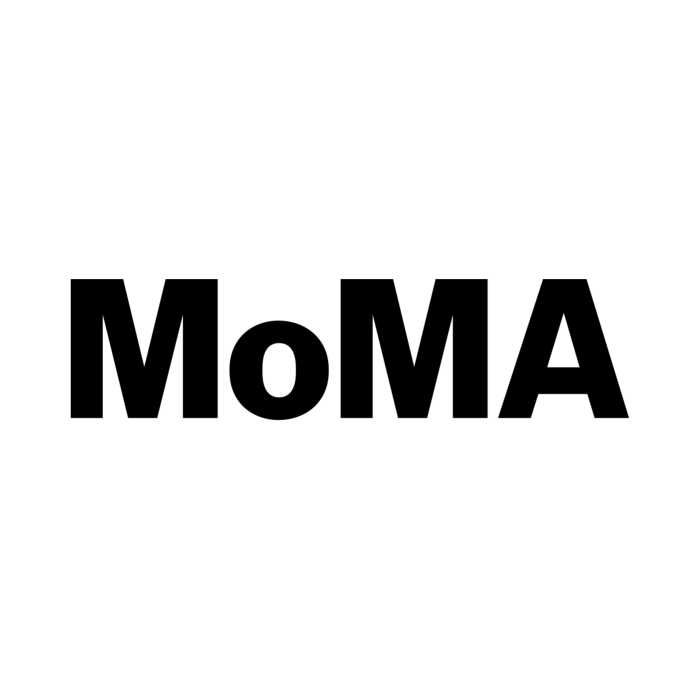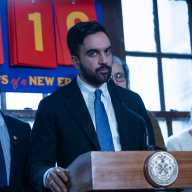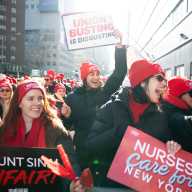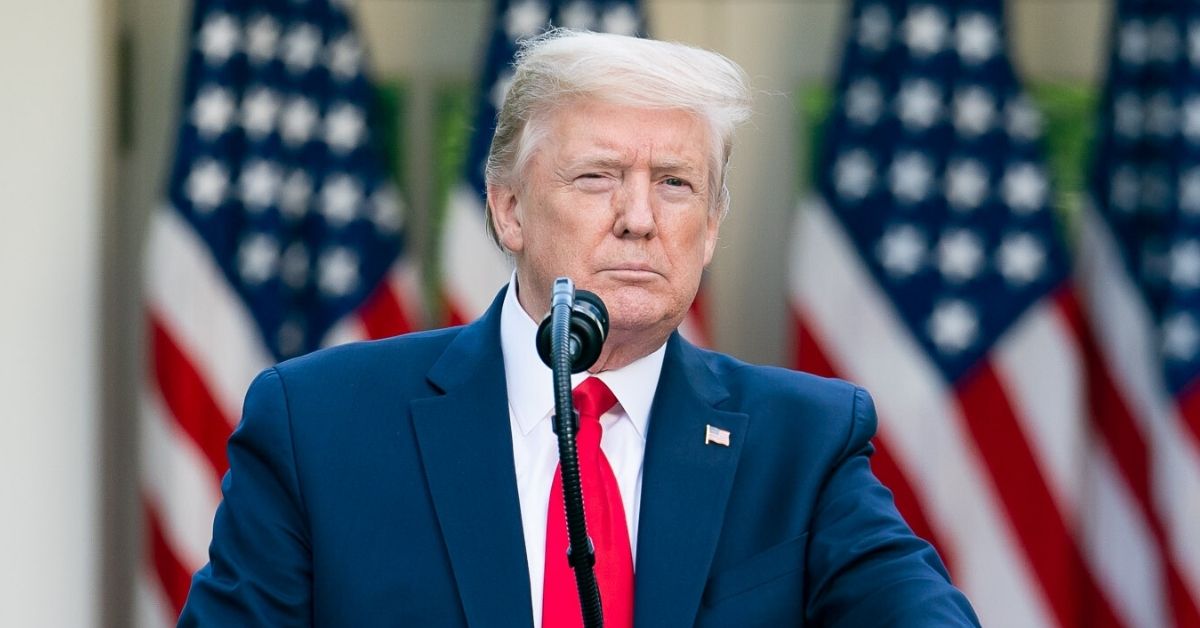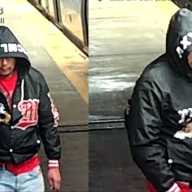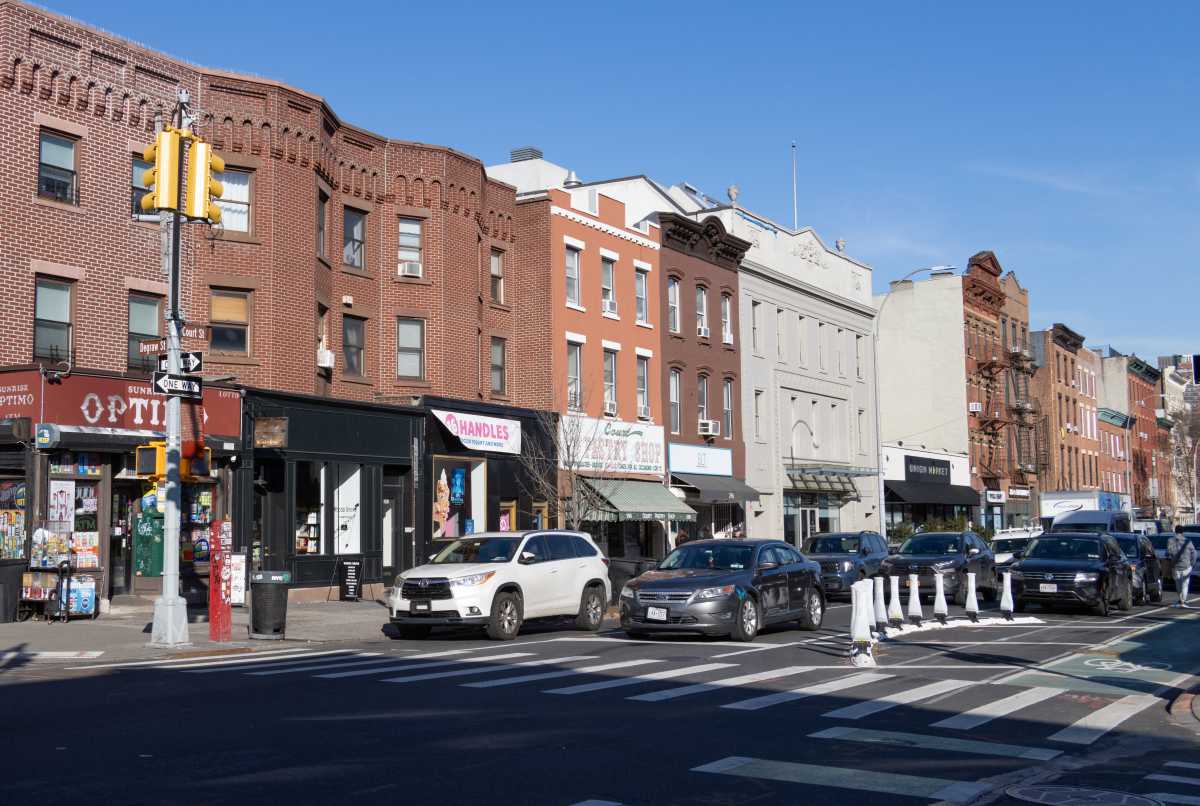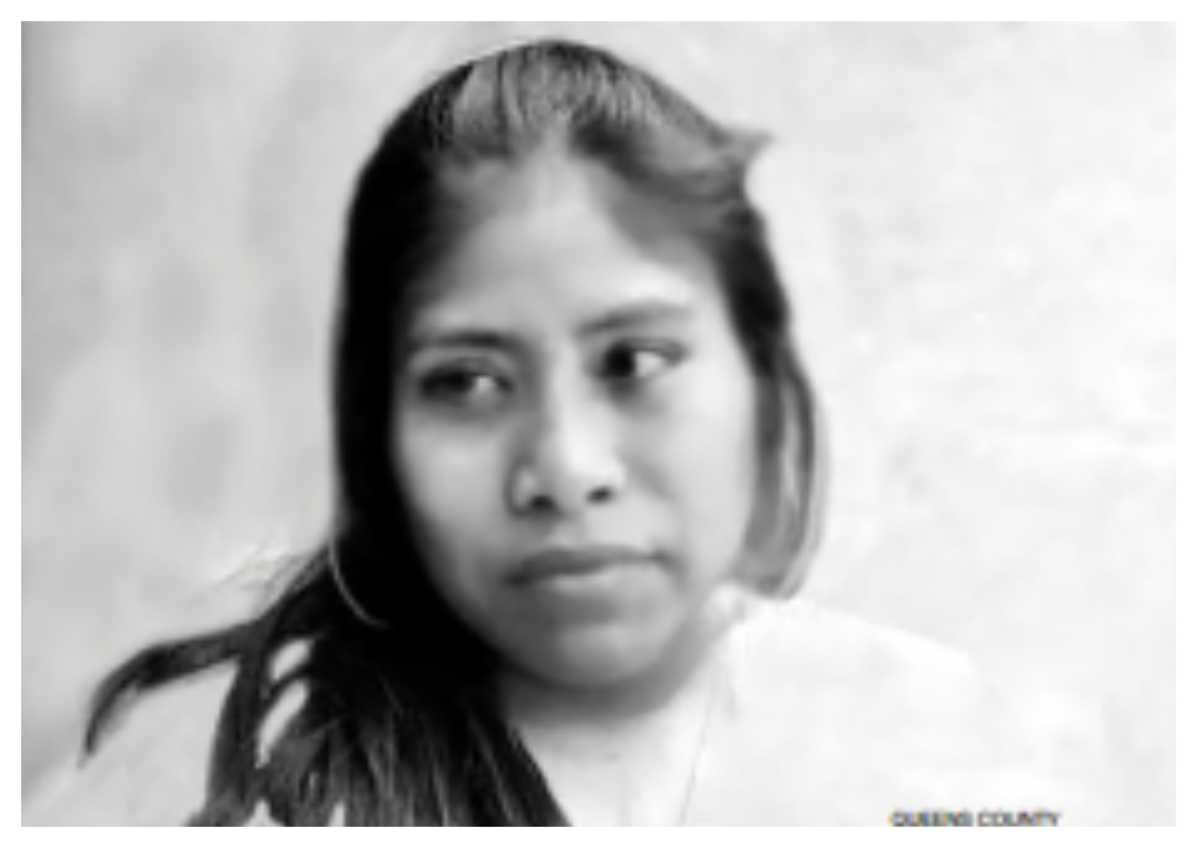Since Hamas militants’ deadly October 7th attacks on Israel, I often lie awake at night, grasping to feel what the suffering must have been like, for the victims. It’s as if, embodying someone else’s pain, might somehow lessen the horrors inflicted upon their body. If only.
Whenever I feel overwhelmed by horrific and gruesome thoughts like these, I reach for the book I keep on my nightstand, Regarding the Pain of Others, by author, Susan Sontag. In Sontag’s poignant essay (published a year before her death), she wrestles with what it means to consume others’ pain, what we do after witnessing it, and what that says about human nature. She wrote this long before the days of Instagram, TikTok or Telegram existed, but one could easily transfer her observations about photographs and television onto any of these modern communication platforms.
This particular quote came to mind, after reading journalist and outspoken Zionist Eve Barlow’s recent Substack, “Blacklisted”. Barlow describes her experience of viewing a 47-minute video titled Bearing Witness, compiled by the Israel Defense Forces from raw footage taken from Hamas body-cams, from victims’ iPhones, and from first responders. The screening was said to have been organized by actress Gal Gadot and took place at LA’s Museum of Tolerance. Although I’ve read similar accounts from others who have seen the footage, each time another person describes the burnt bodies, the headless bodies, the mangled and abused bodies, a fresh wave of horror consumes me.
Barlow writes:
“And thus for the record: the babies were beheaded. I saw them. The bodies were burned, charred black. I saw them. The blood filled the streets. I saw it. The torture was frozen on the emaciated, melted faces of the dead. I saw that, as well. The kids at the music festival were gunned down on the tarmac like dogs. I saw them. And the dogs were shot too.”
Knowing these vile details does not fill me with a thirst for vengeance or a desire to inflict the same violence on the men of Hamas. It does not, as many people who message me on Instagram seem to assume, make me feel that the suffering and death of Palestinian people are “justified”. It does not make the images or videos of dead babies and starving, motherless children in Gaza feel any less horrifying.
As a Jew, witnessing what happened on October 7th and what has happened since to the Jewish people of the world is a reminder. It’s a reminder that not much has changed for Jews in the last 85 years, since Kristallnacht. It’s as if the words “never again” we heard in Hebrew school many years ago, was a cruel joke. We can no longer tell our children that they are safe here in America’s cities and suburbs; or in Israel, or anywhere. Our people have always been persecuted, ridiculed and hunted, and above all alone.
We are alone, and inevitably this footage will be released to the public. So many people are going to consume this latest round of Jewish suffering, and then they will somehow use it against us, or deny it, or twist it in order to serve whatever agenda is trendy at the moment. It is a sickening feeling.
Why should anyone who is neither a Jew, Israeli, or ally get access to our battered Jewish bodies? What will they do after seeing the evil and excruciating torture endured by children, infants, grandmothers, young adults in their prime? What gives them the right to be spectators to our grief, knowing that after they see it they still won’t really believe it happened? Or they will say well maybe it happened, but you see, there’s a “reason”, and for that reason, what happened was inevitable. Which means it is only inevitable to happen again.
Sontag asked, “What does it mean to protest suffering, as distinct from acknowledging it?” I believe we cannot view these images from October 7th, without the intention of taking action. We must not only bear witness to the atrocities committed against Israelis on and after October 7th, whether in video footage or survivor testimonies, but we also have to be prepared to do more than simply acknowledging that “yes, it happened.” There is a difference, Sontag argued, between being a voyeur to someone else’s pain, and being someone who can learn from it and take steps to make it better or to ensure it will never happen again.
It has been just over a month since this unfathomable/horrific tragedy, and I am adamantly steadfast in my belief that Jews have a vital need and a right to their ancestral homeland of Israel. On this I will not waver, and I am not shy about telling this to others, even if it means losing some friends and colleagues. I am no longer exhausting myself by having circular conversations about land ownership, the historical origins of war, the virus that is terrorism, and Hamas, with people whose minds I will never change. I don’t have a need to try and change their minds. Instead, I am pulling my Jewish friends and family and our allies closer to me. But speaking with and being in the company of other Jews is the only balm to this pain I am feeling. I’ve joined an affinity group at my child’s school. I’m going to marches, participating in activities at my children’s Hebrew schools, and lighting candles every Friday night.
I want to believe the Jewish people of the world have a future. I do. For now and the immediate present, I can do small thing after small thing to affirm my pride as a Jewish woman, wife, and mother and absorb and amplify the stories of survivors and their family members. However, none of this will take back what the victims felt and witnessed before their murders on October 7th. It won’t bring them back or hasten the return of the over 200 hostages. But, these individual acts will send the message that I am here, that we are still here, that Jewish people are tied by blood and DNA, and we are connected. In this moment that is our biggest strength.
Read more: NYC Siblings Land Spots on ‘Chopped Junior’ Competition
